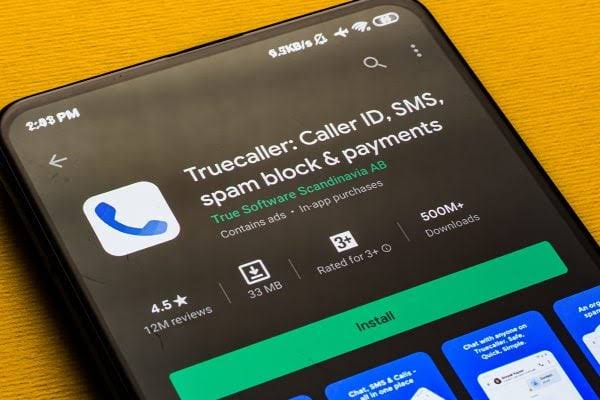In South Africa, Truecaller, a well-known caller identification software, may be investigated for possible privacy violations. According to reports, the Information Regulator was formally notified on Wednesday of Truecaller’s Protection of Personal Information Act (POPIA) violations.
This development follows ongoing concerns from legal experts about the app’s data handling, particularly its previous requirement for users to upload their contact lists to access features.
Read also: Truecaller names Rishit Jhunjhunwala as new CEO, co-founders step back
Allegations of data mismanagement
According to legal experts, Truecaller may be in violation of POPIA in two primary areas. The act prohibits the transmission of personal information outside of South Africa unless there are strict corporate agreements in place.
Secondly, there are worries that individuals who have not subscribed to Truecaller might unknowingly have their information uploaded to the platform.
Ahmore Burger-Smidt, head of regulatory practice at Werksmans Attorneys, emphasised that despite Truecaller’s claims of user consent through its terms and conditions, the company retains control over how personal data is collected and implemented.
In response to these allegations, Truecaller has reiterated its commitment to user privacy. Hitesh Bhagat, Truecaller’s global head of corporate communications, stated that users can manage their data within the app and clarified that uploading contacts is not mandatory for using its services.
Privacy advocates contend that Truecaller should notify users when their information is added to its database to improve transparency and user control.
Read also: ChitChat introduces cross-border remittance feature to support African communities
Ongoing concerns and future implications
The situation is further complicated by recent reports indicating that sensitive data from approximately 300 million Truecaller users may have been leaked on the dark web, although Truecaller denies any breach of its database.
This event demonstrates how difficult it is for businesses like Truecaller to balance service functionality and strict data privacy laws.
Applications such as Truecaller are anticipated to be scrutinised more as South Africa continues to address concerns regarding digital privacy. According to the Information Regulator, users who believe their data rights have been violated are encouraged to submit complaints.
The results of this investigation could substantially affect Truecaller’s operations in South Africa and the broader discourse on data privacy compliance in the technology sector.
















